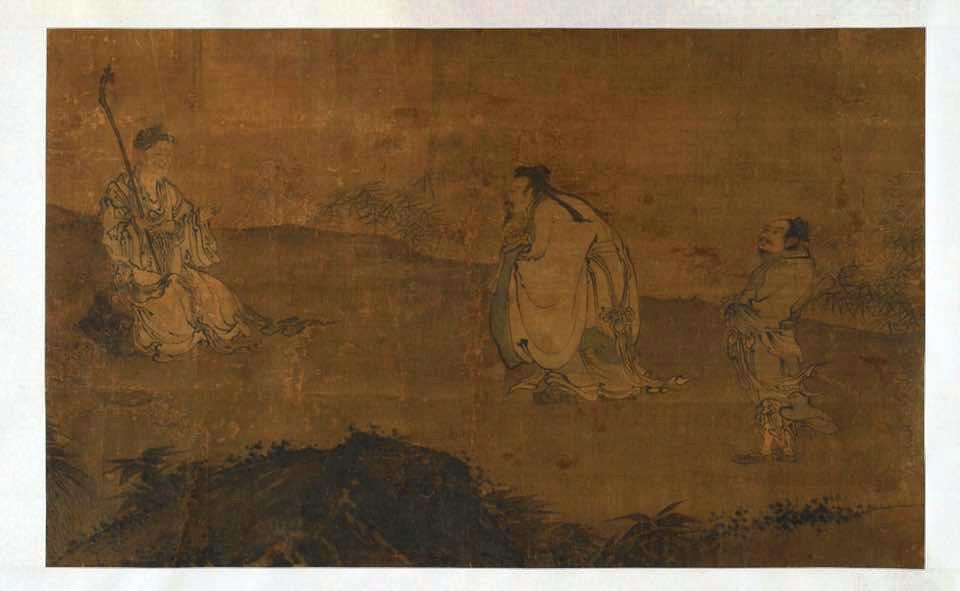Call for Papers for Vol 4. No 1 (2018)
From Center to Periphery and from Periphery to Center: An Inter-Culture exchange
During most of the 20th century, academia knowledge was circulated in the world on a path parallel with Western countries’ political and economic dominance. Western experts were sent out into the world by their native country or by international institutions to share or impose their findings on other countries in the areas of literature, linguistics and the teaching of foreign languages. This is what we might call a diffusion of knowledge from center to periphery. There were some exceptions to this Western dominance but not many.
In the 21st century, a new trend has appeared: Teachers’ associations are now promoting exchange in their own region with other teachers’ associations without necessarily relying on outside Western specialists’ involvement. Many universities today invite speakers from their own geographical area. More and more researchers take their distance from outside resources relying more heavily on local resources. More and more key speakers in conferences and symposiums are now researchers from the local area. Numerous Western specialists travel to other parts of the world to learn from colleagues based in that specific region, equally as much as they do to share their own knowledge. In many departments in Western countries, more non-Western teachers are now invited to teach Western students and participate in educational exchanges with their Western colleagues. This evolving situation is evidently following some new political and economic trends at the macro level, but at the same time it can be argued that it also corresponds to a change of mentality in the academic world.
Therefore, in this issue of Interplay, we are interested in reading about personal and institutional experiences related to these developments and changes. We welcome contributions in the following areas:
– Academic exchange between various institutions or associations in specific geographical areas. Within these regional exchanges, we are particularly interested in such aspects as the description and analysis of the challenges they face, specific aspects of their policies regarding their relationship with the “center”, and educational experiences or research programs that they have initiated.
– On the other side of the spectrum, we are interested in how Western institutions describe and analyze the evolution of their interactions with partners in the “periphery”, and what challenges they are facing in the present situation.
– In the field of methodology, we welcome articles about new theories emerging from the “periphery” and their reception by teachers and researchers in their respective areas. Information about how theories originating in the “periphery” are welcomed by the Western academic world would also be edifying.
– Any evidence of resistance by the “periphery” to new theories coming from the Western academic world would equally be of interest.
– Research and information regarding cross-pollination of theories and methodologies available in the West with those from other parts of the world is also highly welcome.
– Any other contributions dealing with this notion of center and periphery within the research scope of Interplay will also be examined with great care.
Deadline for full paper submissions is Feb 15, 2018; notification of initial acceptance for review will be sent by Feb 28, 2018. Notice of final acceptance will be sent by April 15, 2018. Final drafts of accepted essays will be due May 15, 2018. On acceptance for publication, authors will be asked to fill in and sign a publication release form and give their consent to online as well as paper publication of their article.
Interplay: A Journal of Languages, Linguistics, and Literature is published by the Department of Foreign Languages and Literature
Tunghai University, Taichung, Taiwan, R.O.C.
For submissions or general inquiries, please contact the co-editors:
- Stano Kong: stanokong@thu.edu.tw
- Manfred Sablotny: Manfred.Sablotny@gmail.com
